Today I'm writing about one of my favorite projects that my middle school general music students enjoyed, “Composing Biographical Rap Songs.” When I have used this project, the students were always super excited about the prospects of writing and recording their own rap songs.
The Beginner's Guide to Improvising!
There are two misconceptions about jazz that prevent many teachers from incorporating improvisation into their curriculum. One widely held belief is that students need to have all of your scales and chords memorized before they can try to improvise. A second misconception involves -thinking of improvisation with the end in mind, rather than as a skill developed over time. As a result of these long held beliefs, music educators are often reluctant to explore the art of improvisation with their students.
4 Tips for Getting The Most Out of Your Marching Band Adjudication Tapes!
In all corners of our country, marching band is part of the high school performing experience. Students marching this fall have already gathered at area schools to meet with their instructors and fellow participants. They have begun the journey of learning to perform marching shows for the upcoming competition season. In view of the pending marching band competition season, today's post discusses how to get the most out of your marching band adjudication tapes.
A Summer Bucket List for Teachers
Teaching can be one of the most rewarding jobs. Teaching can also be emotionally, mentally and physically consuming. As the end of the school year approaches, it is important for teachers to plan to enjoy their summer break by spending a few weeks devoted to activities outside of teaching. As a result, you will feel much better when you come back to work! What follows are some suggestions for a summer bucket list for teachers.
Zero to Improv: Improvisation for Beginners
As a middle school music educator, I found that the middle school/junior high school years provide an excellent opportunity to introduce kids to jazz improvisation. Most middle school and junior high level jazz ensemble music arrangements involve only a few chord changes making it a favorable time for students to learn the art of improvisation. In today's post, I'm sharing som
Top 4 Apps for Practicing Every Musician Should Have
When I was studying music in college, I had spent a lot of money purchasing expensive music making tools from tuners and metronomes to play along recordings to helped me develop as a musician. Modern technologies such as smartphones, ipad's and tablets allow for these powerful music making tools as well as others to be close at hand for only a few dollars. In today's post, I'm sharing some of my favorite practicing and performance apps.
Tips for Nailing The Region Auditions
Guidelines For Using Praise & Feedback To Motivate Your Students
People produce good results when they feel good about themselves. Correctly implementing praise in the classroom can be a powerful motivational device. Feedback is a necessary ingredient for motivating and increasing student learning. What follows are some practical guidelines for effectively using praise and feedback in the classroom.
5 Keys to Maximizing Student Practice Outside the Music Room
Traditionally, music teachers have required students to record the amount of time a student practices each week on a practice chart, but how many of our students really know how to practice for success? Whether you are struggling with the time honored question of how to get your students to practice –or frustrated when the results of their efforts are less than acceptable -this post will give you some ideas for inspiring students to practice effectively.
Rules of Engagement for Creating Student Growth Objectives (SGO's)
Collaborate with peers from your subject and grade level to develop a list of learning priorities for the school year. Consider learning priorities in light of, content standards (state and national) and review the established curriculum expectations. Due to the fact, there is usually more content than can reasonably be addressed within the school year, teachers are obliged to make choices. In the end, create a list of learning priorities of what your students should know, understand and be able to do by the post-test date. Remember your final results will be based-on moving individual students (not a class at a specific level) to another point as measured by the post-assessment tool you chose or developed.















